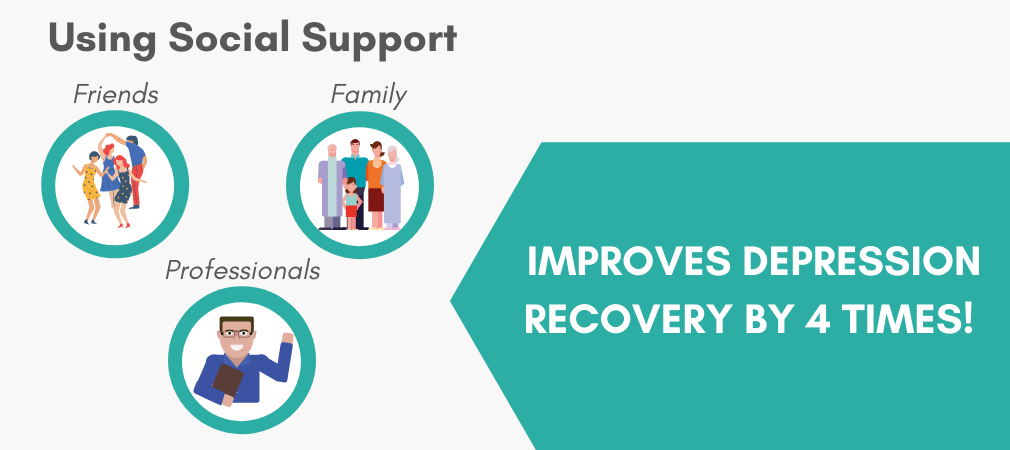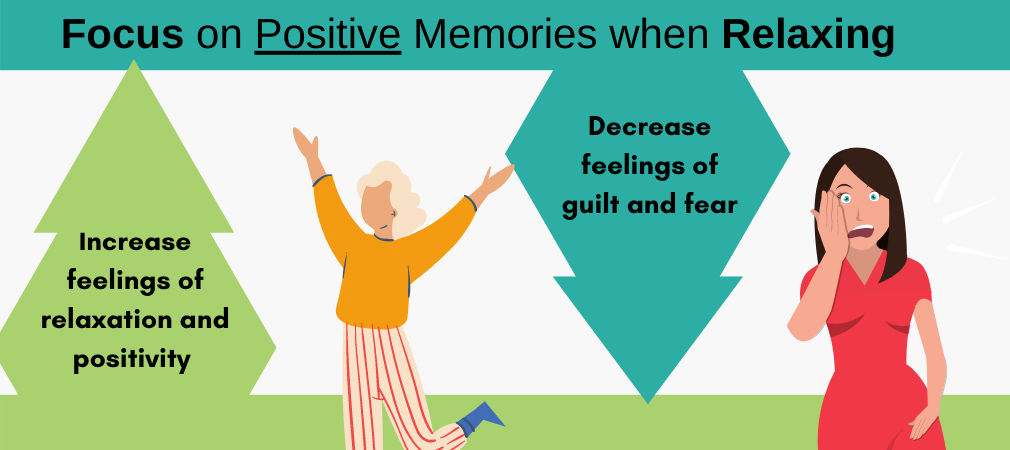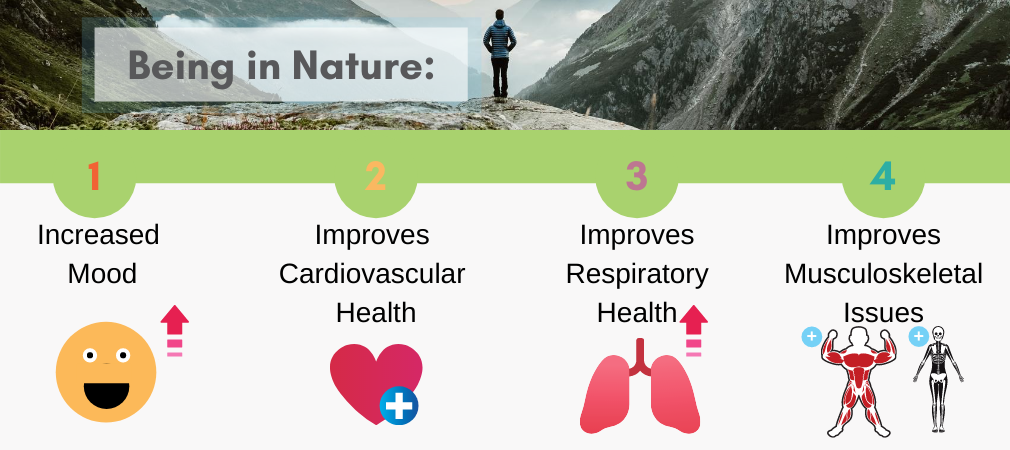A Promising Way to Help with Feelings of Sadness
Everyone gets sad sometimes. It’s a natural emotion.
But if you become stuck with feelings of sadness for a prolonged period, there is a risk of sadness turning into depression.
Science is always looking for answers to help improve mood.
And an interesting new idea might help prevent feelings of sadness from turning into depression.
In the past several years, exciting research has indicated that bacteria in the intestine might be contributing to feelings of depression. And probiotics could play a role by helping to stabilize bacteria in the gut.
Also, it has been hypothesized that probiotics help people ruminate less.
Rumination occurs when people focus on bad experiences and feelings from the past.
Steenbergen et al. (2015) completed a study in which participants were asked to take a Probiotic for four weeks.
During this time, cognitive reactivity was measured (the extent to which a sad mood can worsen and potentially lead to depression).
Results showed that participants who took the Probiotic reported feeling less distracted by aggressive and ruminating thoughts when in a sad mood.
The positive impact on reducing rumination is crucial, as difficulties with ruminating are a significant factor that can lead to depression.
Take-Home Message
Taking a high-quality Probiotic daily could be a promising new way to help prevent sadness from turning into depression.
If you are interested in trying a Probiotic, I encourage you to discuss with your family physician or naturopath the potential benefits of taking a Probiotic.



